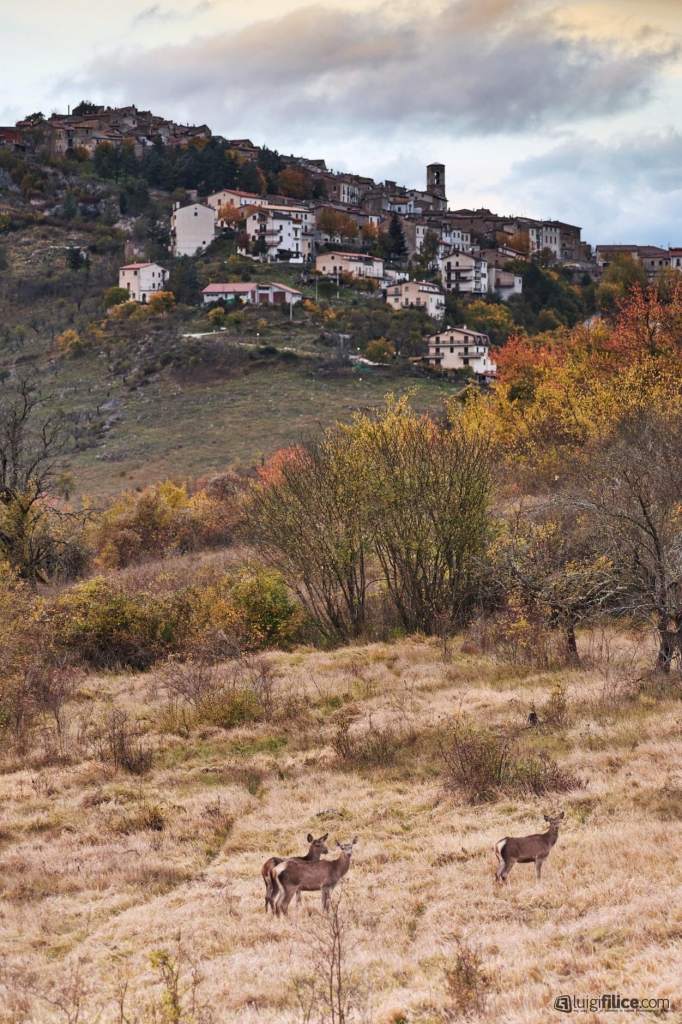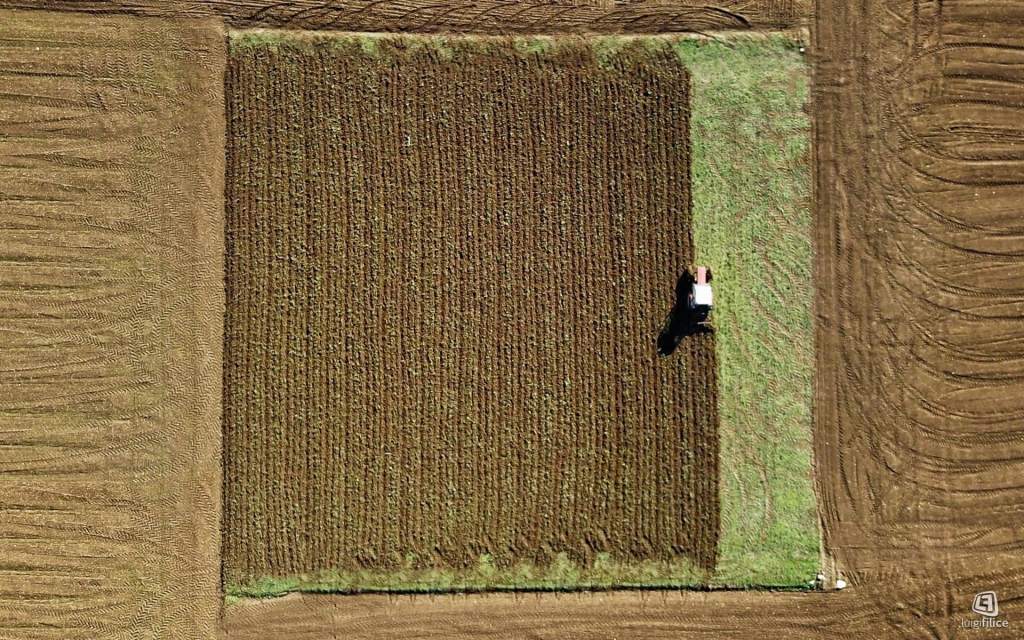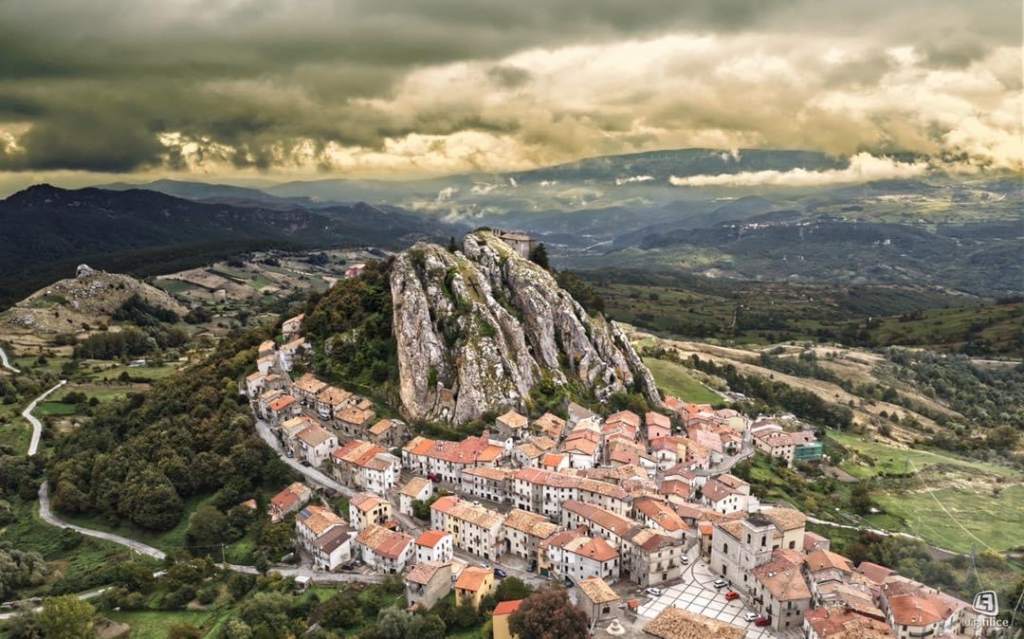 Share this!
Share this!To facilitate continuous knowledge flow between regions a series of articles and interviews is being published on the topic which was to be discussed in Covasna: “Territorial approaches to regional development”, with a particular focus on urban-rural divides. Indeed, due to the COVID-19 Pandemic, the Spring Committee Plenaries of the Assembly of European Regions (AER) in Covasna were cancelled.
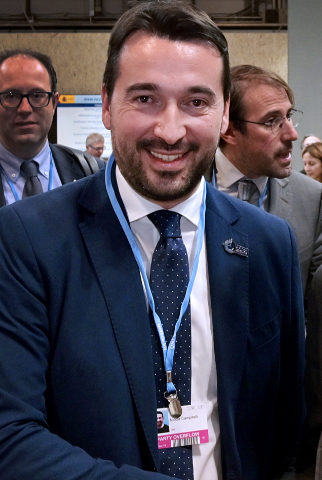
The Committee Plenaries provide an opportunity for our member regions to come together, exchange ideas and experiences and initiate joint projects.
Nicola Campitelli, Regional Minister for Urban Planning, Abruzzo (IT), and AER Committee 1 Vice President for Rural development, Energy and shares here the experience from his region. Rural development has never been more current and the post-COVID-19 economic recovery will require ambitious territorial approaches.
Breath-taking landscapes and huge protected areas
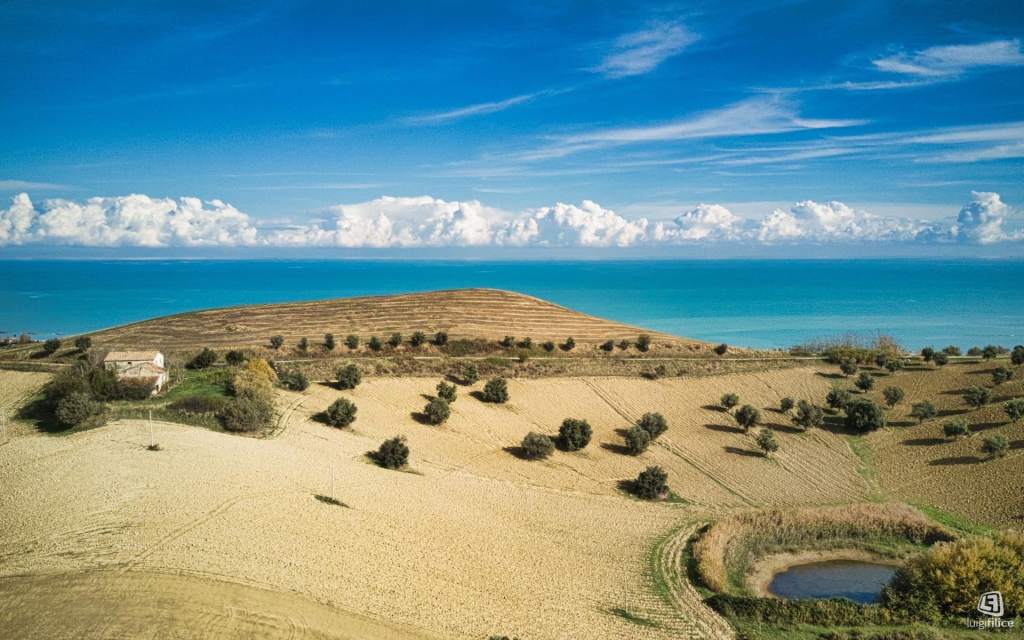
The territory of the Abruzzo region, according to the National Institute of Statistics altimetric classification, is 62.8% mountain, 14.8% internal hill and 22.3% coastal hill. Almost all of the territory belongs to rural areas, while only 0.9% is urban and peri-urban areas. The percentage of agroforestry area in rural areas is 76.3% and the forest area is 438.590 ha, that is 40.6% of the regional surface. The extension of the regional protected areas, 58 sites under the Habitats EU Directive, is 36.3% of the regional territory, first place at national level, thus highlighting the importance of the Region in safeguarding biodiversity.
One metropolitan area and many small towns
Abruzzo has 1,312,507 inhabitants, half of which (54.4%) reside in intermediate rural areas, about a quarter in areas with development problems (26.8%), 12.9% in urban and peri-urban areas and 5.9% in rural areas with intensive and specialized agriculture. The population ,with the exception of the Pescara metropolitan area, is distributed heterogeneously among the many small towns that characterize the Abruzzo region (which counts 305 Municipalities).
Territorial approaches for sustainability & inclusion
This situation requires territorial planning and involves natural, demographic and cultural resources, thus representing a priority component of an effective local development strategy.
The following priorities are at the core of the entire 2021-2027 planning of the Abruzzo Region:
- quality work
- territory and natural resources for future generations
- homogeneity and quality of services for citizens
- culture as vehicle of economic and social connection.
The focus of the regional planning, therefore, is a sustainable and intelligent growth of the entire territory.
Post-COVID-19 economic recovery should be anchored in sustainable development principles
The newly allocated funds for the restart following the lockdown for Covid-19 has to suit the criteria and guidelines of sustainable development, the circular economy and climate change, to set up a possibly lasting development strategy. Therefore, the 2030 and 2050 planning has to be maintained in all Europe: reduction of energy costs, energy self-supply and sustainable development; this will allow economic security and stable economy recovery.
It is therefore necessary to confirm the use of financial sources for interventions in energy savings and in reducing pollution emissions, in line with the 2030 objective, supporting companies that are already structured and able or, enabled, to develop virtuous activities. Otherwise, there is a high risk of not being able to be competitive and exit the market. Agriculture itself must be developed according to sustainable production systems: techniques that reduce the consumption of raw materials and increase the sequestration of CO2.
Furthermore, the restart has to take place by activating local businesses, e.g. energy efficiency intervention on public and private buildings. This way many local companies and professionals will be activated and the management costs of the buildings and the related services will be reduced, promoting the immediate pollution reduction that, according to new researches, also could be a carrie of viruses . This action is the sole credible strategy, adopted today across Europe: the 2030 strategy. It is therefore essential to finance virtuous enterprises and immediate intervention programs.
A strategy focused on sustainable and inclusive smart growth
In relation to the activities already running in the Abruzzo Region, the Rural Development Program (PSR) represents one of the tools to support the growth of agriculture, forestry, rural areas and is concentrated, as all regional planning, on sustainable and inclusive smart growth. The Plan is implemented in coordination with the National Rural Network, through which Italy joins the European Rural Network (REE), which integrates all activities related to the rural areas development for the 2014- 2020 period.
Participation the essential element for success
The Abruzzo rural development program proposes interventions aimed at encouraging different local actors and at strengthening the bottom-up approach of local communities, in order to create a development based on the resources of the territory, in response to the specific needs of local areas and aimed at stimulating the aggregation of different skills and professionals.
The PSR has been developed also through the participatory process, promoting the participation of stakeholders, local authorities, associations, and agri-food, forestry and environmental operators. In the 2014-20 period, specific policies have been addressed to the less developed rural areas, by integrated planning tools and services to the population, also in connection with the national strategy for internal areas. To achieve the inner areas strategies goal, measures have been promoted to create and develop short supply chains ( even for sustainable use of biomass in food and industrial production) and local markets and to support promotional activities.
The bottom-up approach is also the basis of all regional planning of strategies and interventions for the Climate Change and sustainable development governance, which promotes the coordination of all regional planning and actions. All the municipalities of Abruzzo, and therefore also the municipalities of the rural areas, are coordinated by the Region in the processing of SECAP (Sustainable Energy and Climate Action Plan) according to a district logic, that are also homogeneous climatic areas. All 305 municipalities have joined the Covenant of Mayors and are monitoring their Energy Action Plans (SEAP) to upgrade SEAPs into SECAPs. In particular, as part of the JOINT_SECAP (Interreg Italy-Croatia) project, two pilot areas have been identified, one of which is represented by 4 municipalities in the internal area (Penne, Elice, Castilenti and Castiglione Mr. Raimondo) . These municipalities under the coordination of the Region and the involvement of experts, have carried out a territorial analysis of the risks and vulnerabilities with the goal of a joint SECAP, identifying pilot actions to be implemented to make territory more resilient and to guarantee sustainable development.
Protection and sustainable management of natural resources
The regional Sustainable Development Strategy, moreover, being implemented with other Italian regions, identifies parks and protected areas as key players in the implementation of sustainable development policies; a specific agreement is foreseen, aimed at implementing the ecological network, supporting the rebuilding processes in the internal areas and implementing the ministerial guidelines on VIncA (Environmental Impact Assessment).
Many municipalities in the rural areas have also committed to a voluntary strategic and planning tool that pursues the protection, the correct management of water resources and the enhancement of river territories, together with the protection from hydraulic risk, contributing to local development: the River Contracts.
These contracts provide the implementation of open and inclusive participatory processes, which allow the sharing of purposes, duties and responsibilities and define a shared Action Program. River Contracts suite and even improve basin plans and programs. 20 river contracts are running in the region. Among these, the Feltrino river contract was included by the Ministry of the Environment and the Protection of the Territory and the Sea (MATTM) in the National Climate Change Adaptation Plan (PNACC) as a “pilot project / good practices / noteworthy initiative”.
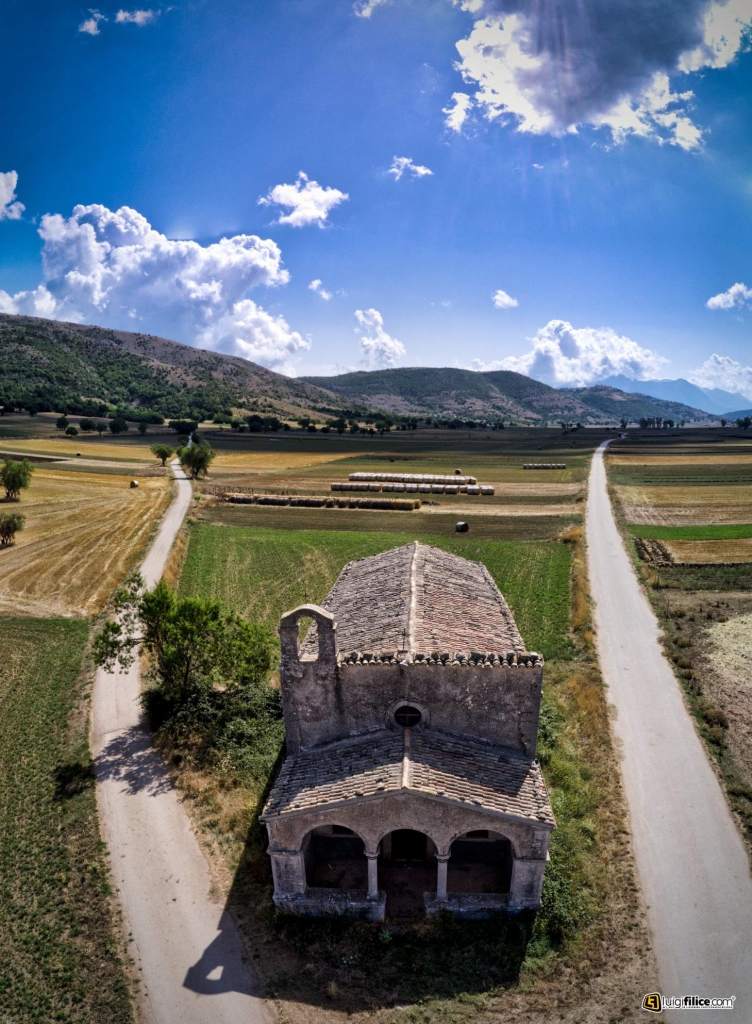
Powering effective local collaborations
A further initiative promoted under the Rural Development Plan are the GALs (Local Action Groups), made up of several municipalities, that could get Regional dedicated fund to develop renewable energy supply chain, supply chain innovation, social inclusion and sustainable tourism actions. Cooperation between Municipalities is also carried out through the initiative BORGHI In RETE – ABRUZZO, the union of several Community Cooperatives, under the regional law n.25 /15. They are local businesses set up by the inhabitants of villages and are developed, in particular, in the internal areas and in the most fragile economies at risk of depopulation, with the aim of developing economies with human and environmental value.
Multimodal connectivity
Among the sustainable mobility initiative carried out in the Abruzzo region, the municipalities of the Rocche highlands, in line with the energy and climate objectives of the European Union are activating an interesting project related to the multimodal access to the Ovindoli and Campo Felice ski facilities by energy vehicles (hydrogen powered) with zero environmental impact, thus contributing to the green and economic development of inner areas.
What about you?
If you would like to share your experience, know more about strategies in other regions or initiate a joint project with regions in Europe, contact the AER Secretariat!
Pictures: courtesy of Luigi Filice https://www.luigifilice.com for Regione Abruzzo
